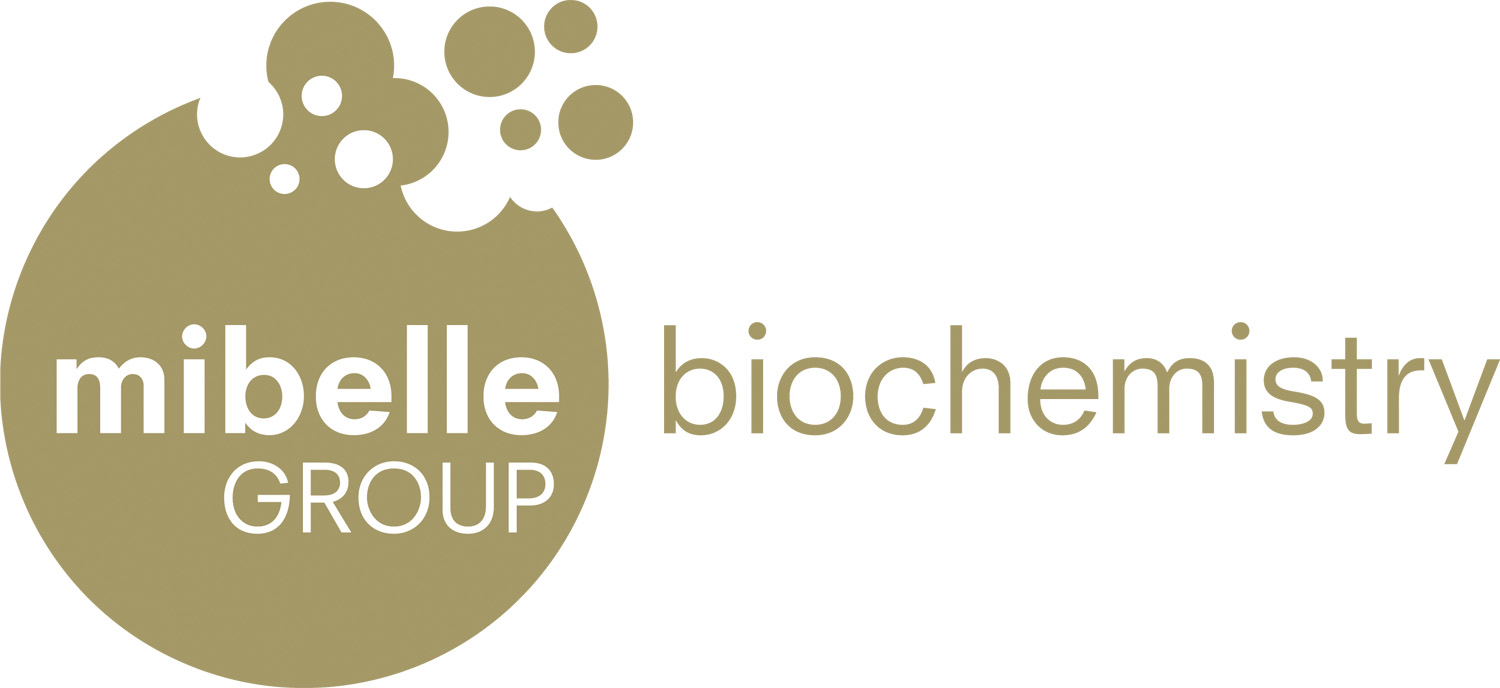The focus of this feature is surfactants and emulsifiers with special relevance to personal care in the bathroom.
A popular theme at UK-based cosmetics ingredient trade event SCS Formulate 2016 was the creation of product textures. BASF offered a presentation called ‘Inspiring textures’ and introduced oil-in-water (o/w) emulsions that inverted into water-in-oil (w/o) emulsions during application on the skin, forming a lipophilic, water-resistant layer.
These emulsions are termed switch-oil-phase (SWOP) emulsions and are formed by a combination of polyglyceryl-2 dipolyhydroxystearate as a w/o emulsifier, a mixture of lauryl glucoside and sodium lauryl glucose carboxylate as anionic surfactants, and sodium polyacrylate as a polymeric stabiliser.
Textured concepts suggested by BASF included a slimming gel-cream that changed to an oil; a gel-cream that transformed to a fresh velvety emulsion on application; and a soufflé-to-cream product. This combined the foaming properties of Plantapon LGC Sorb (INCI: Sodium lauryl glucose carboxylate, lauryl glucoside) with the suspending capabilities of the polymeric emulsifier Tinovis GTC-UP (INCI: Acrylates/ beheneth-25 methacrylate copolymer). The soufflé texture was stabilised with xanthan gum.
Texture Thrills
When producing novel textures for cosmetic use, the rheology modifier is often more important than the surfactant system. Lubrizol produced a presentation of novel textures it has called Sweet Escape where many different possibilities are discussed. One of interest here is how Novethix L-10 Polymer (INCI: Acrylates/beheneth-25 methacrylate copolymer) can interact with water-soluble amphiphilic ingredients such as polysorbate 20 for the creation of versatile textures. While maintaining the level of Novethix L-10 at 2.5% in water, adding about 0.125% polysorbate gives a jellylike texture; increasing the polysorbate 20 gives a ringing gel with a crushed ice texture until at about 1.2% a memory shape effect useful for hair styling is obtained. This is discussed in detail in the presentation and various possible products are suggested.
An organogel is defined by Chemyunion as a thermo-reversible viscoelastic material formed by immobilising organic fluids in a threedimensional gel network by physical or chemical interaction of structuring agent molecules. This prevents nonpolar phase flow, so organogels are materials with the characteristics and rheological properties of a solid, but with the greater part of the composition being an organic liquid.
Organogels may be formed using Emulfeel SGP CHI (INCI: Helianthus annuus (sunflower) seed oil, sodium polyacrylate, xylitol, caprylic acid, glyceryl stearate) from Chemyunion, which provides structuring of lipid and aqueous phases whereby the lipid phase is immobilised in a three-dimensional crystalline gel network while the formation of a polymer network increases aqueous phase viscosity. This reduces the mobility of the oil cells, contributing to the stability of the emulsion. Emulfeel SGP CHI contains a high degree of vegetable actives and is suitable for cold or hot processing. The resultant emulsions are claimed to be stable over a wide temperature range and to spread readily on application, providing a very pleasant skin feel.
Flip that feeling
Transforming emulsion ideas from BASF:
- Gel-cream to oil
- Gel-cream to ‘velvet’ emulsion
- Soufflé to cream
Sisterna sucrose esters are based on sucrose and vegetable fatty acids and are a unique range of non-ionic emulsifiers with an exceptional performance and mildness to skin and eyes.
Sisterna has developed various interesting emulsion concepts, such as a








